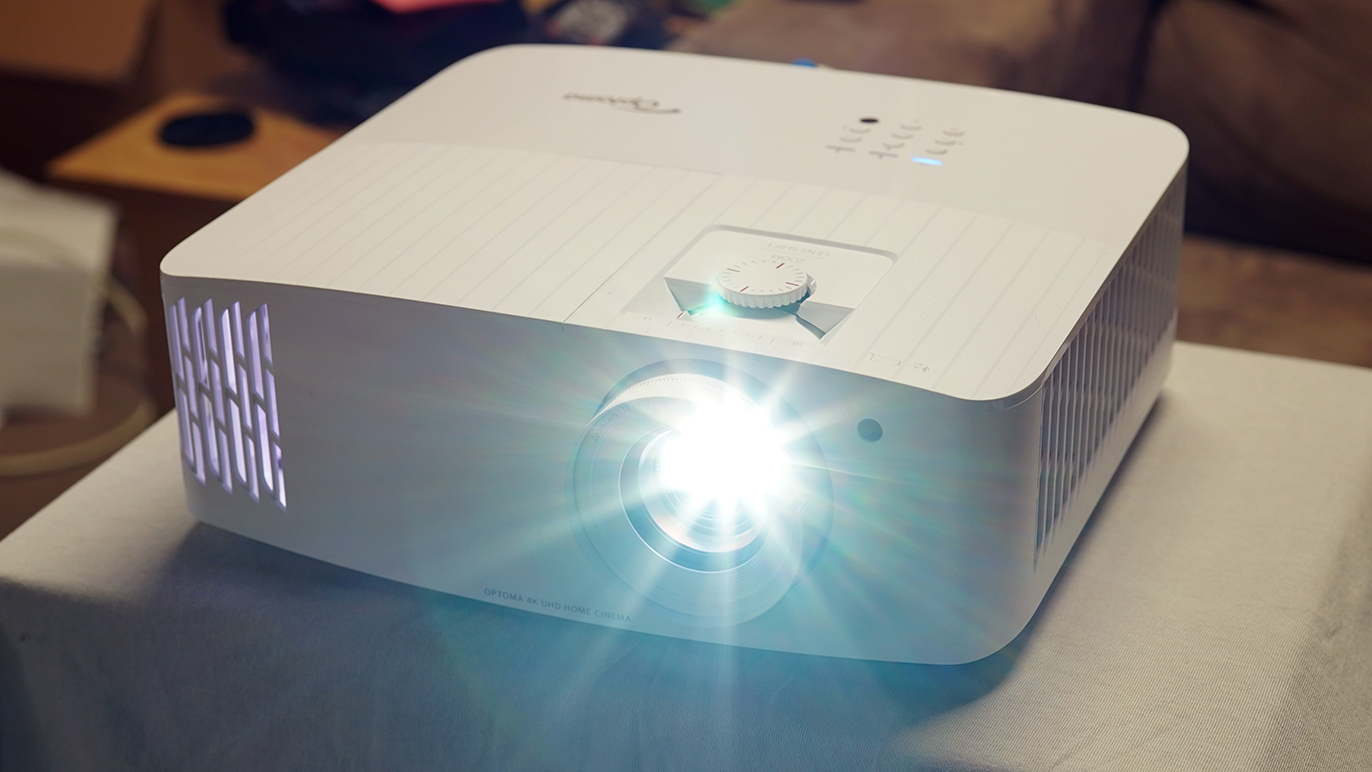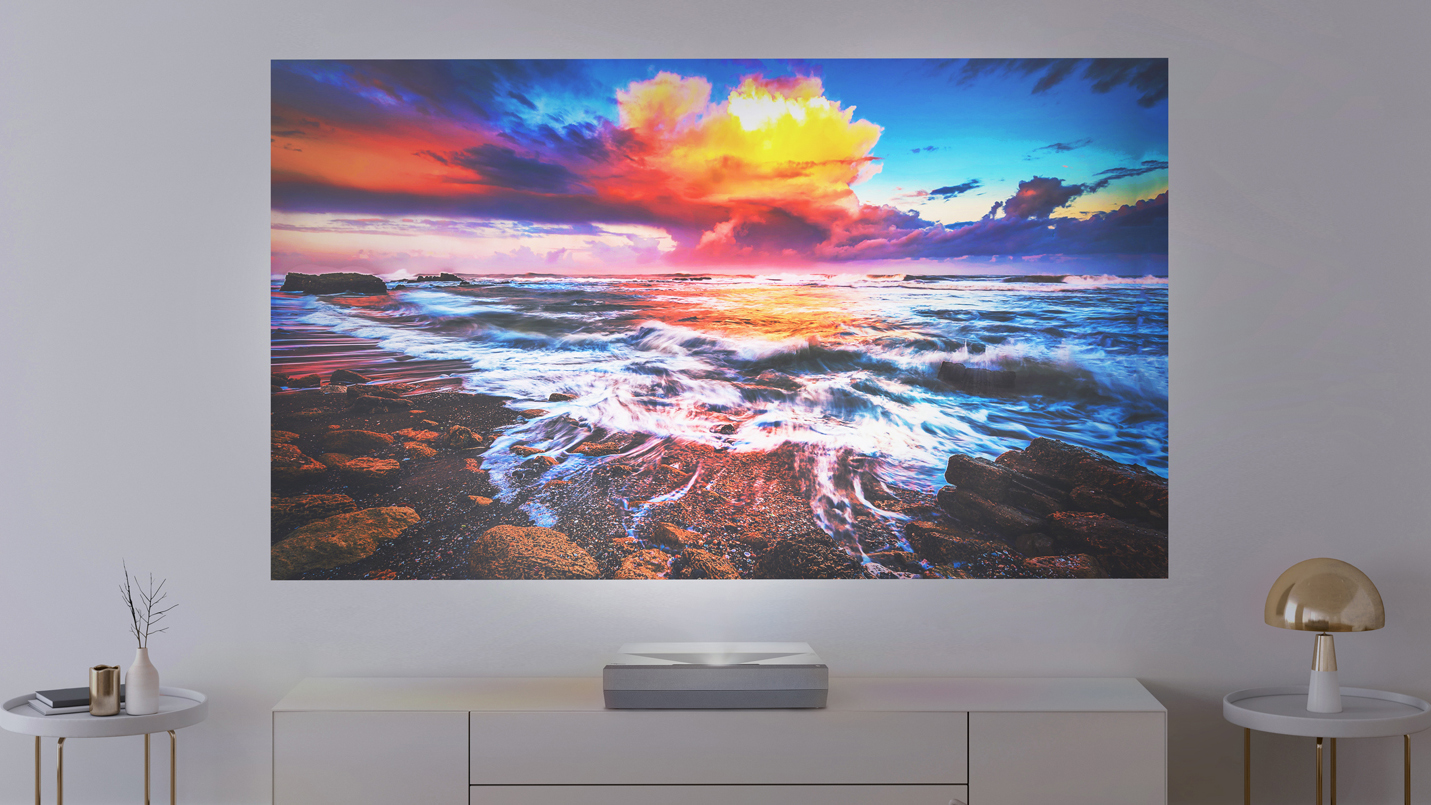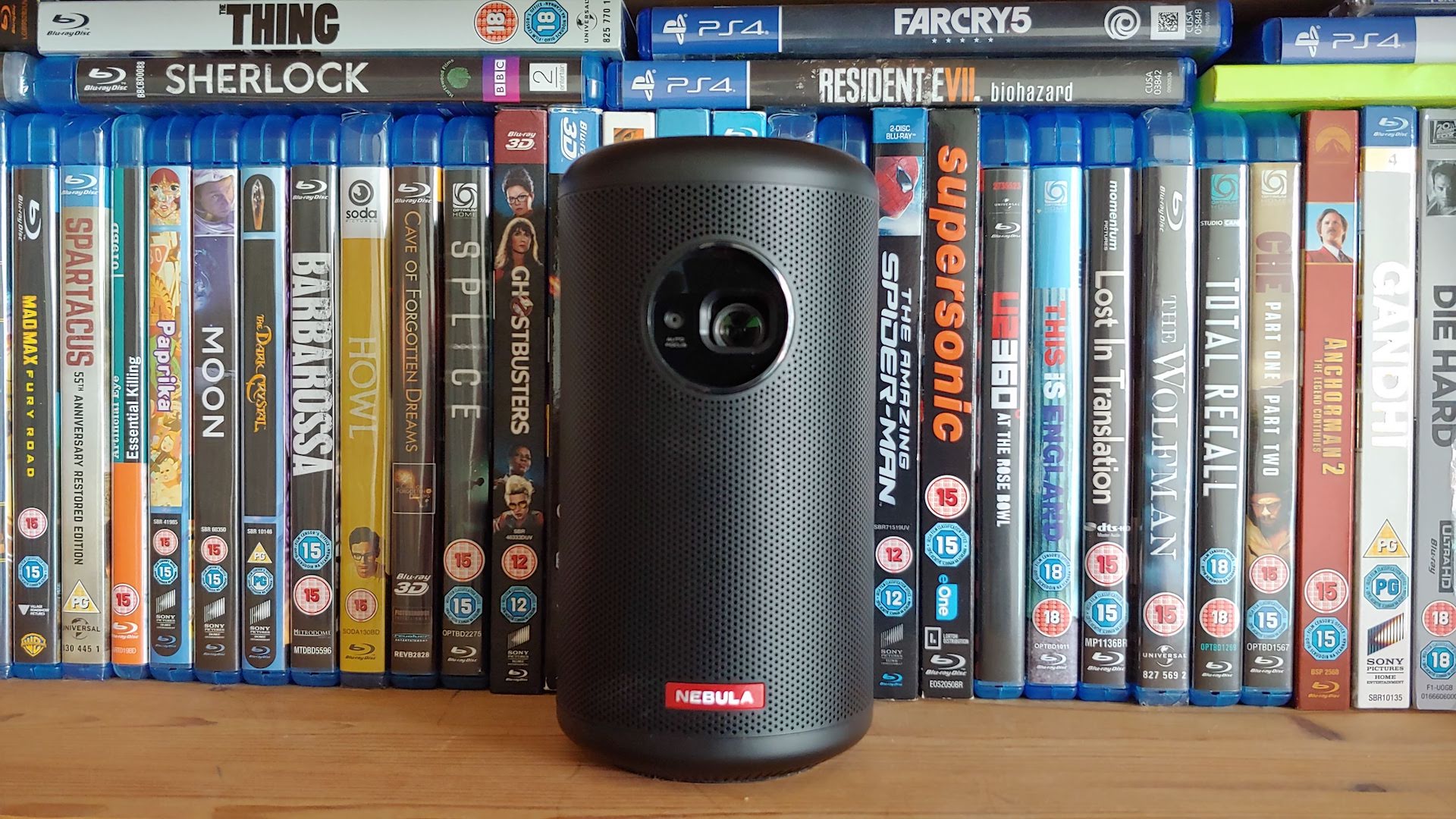The best TVs have gotten better and better for gaming in the past few years. Between high refresh rates, HDR, and so on, gaming on a TV has never been better. But what if you want a really big-screen experience? In that case, it may be worth considering a gaming projector.
Projectors are a little more common for watching movies than gaming, but that doesn’t mean there aren’t some great gaming projectors out there. In fact, the best projectors benefit from some of the same technological advancements as gaming TVs, with the added upside of being able to display far bigger pictures than the so-called super-sized TVs out there.
Interested in getting a gaming projector for yourself? Here’s everything you need to know.
Why a gaming projector?
There are some serious advantages to getting a gaming projector instead of a gaming TV. Perhaps the most obvious, however, is display size. Sure, TVs are getting bigger and bigger, but you still can’t get a TV that’s more than 70 inches or so without needing some serious cash.
While most TVs sit in the 55 to 65 inch range, projectors are able to project onto screens over 100 inches, with some even ranging into the multiple hundreds of inches. If you want the screen to expand well into your periphery, a projector is easily the way to go.
Other advantages can be found too. For example, a gaming projector is a lot more portable, as long as you have a space to display it. And you can change the display size if and when you want, which can come in handy.
- Just want a big television? Here are the best 75-inch 4K TVs
Gaming projector prices: what does it cost?
Projectors exist in all price ranges, however if you want one specifically for gaming you should probably think about spending a little more than if you were buying one just for movies. That’s because better projectors will feature lower input lag – the metric for how long it takes for controller inputs to register onscreen – something that’s crucial for fast-paced competitive gaming.
On the low end, you should be able to get a basic projector that you can use for gaming for around $600-$700 (£450-£550 / AU$800-AU$950). On the high-end, however, the sky’s the limit. If you want a 4K resolution with support for HDR and relatively low input lags, you’re looking at spending at least $1,500 (£1,150 / AU$2,000), and you could spend a whole lot more for something that offers high brightness or for ultra-short throw technology.
What gaming projectors are there?
Thankfully, there are some excellent gaming projectors out there, and we’ve reviewed the best of the best ones, so you don’t have to go out and do all the research yourself. Here’s a rundown of some of the better gaming projectors on offer.

The Optoma UHD50X is a perfect compromise on image quality and price. The projector offers 4K resolution, a low latency, and a solid brightness, making it a great choice for those that want a gaming projector for gaming. You’ll get 3,400 lumens brightness, and a contrast ratio of 500,000:1, which is excellent. There’s also a refresh rate of a whopping 240Hz, which is perfect for gamers.
The projector is available in the US and Australia for $1,599 or AU$3,199. In the UK, it’s available under a different name – the Optoma UHD42, and it’s available for £1,199.
Read our full Optoma UHD50X review

Short-throw projectors are the way to go if you want to save on space. The Optoma CinemaX P2 allows you to place your projector only a few inches from your display surface, while retaining an excellent image quality. The projector supports 4K, is compatible with HDR10, and has a very sleek design.
The Optoma CinemaX P2 comes at $3,299 (around $4,500, £2,999).
Read our full Optoma CinemaX P2 review

Not everyone wants to spend a lot on a projector, and if you want a solid projector that’s cheap and portable the Anker Nebula Capsule II is worth considering. Sure, you’re not going to get a high resolution or high refresh rate, but you’ll still get a decent experience overall, plus it has Android TV and Google Assistant built right into it.
The Anker Nebula Capsule II is available for $579.99 (£465, AU$830).
Read our full Anker Nebula Capsule II review
When should you get a gaming TV or monitor instead?
Let’s be clear – for the really big-screen experience, a projector is worth considering, but others should get a TV instead. TVs can’t offer a display that’s as big as a projector, but the overall image will be cleaner, with a higher resolution, better support for HDR, and a higher refresh rate, for a lot cheaper. The same is true of a gaming monitor, which is better suited for PC gaming.
Now, of course, there are some disadvantages to TVs worth considering. They’re less portable, more permanent, and the really big ones can be pretty pricey. But for anyone that’s fine with a 55-inch or 65-inch picture, they’ll offer a better image for less money.
If you’re interested in buying a TV, it’s worth considering something from HiSense, Vizio, or if you can afford it, one of these OLED TVs.
- Check out the best projectors overall
Comments
Post a Comment